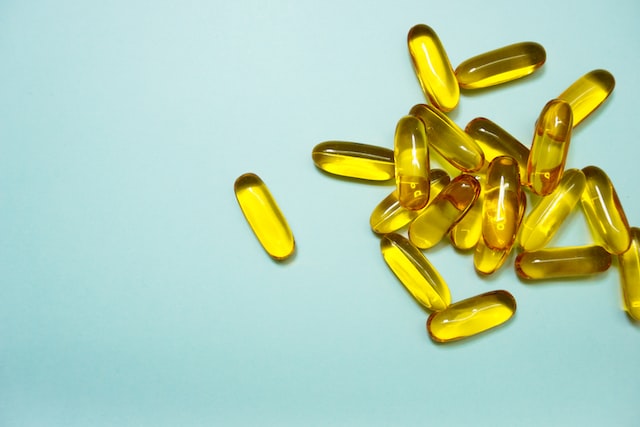Drinking protein shakes on rest days can be beneficial for muscle recovery and growth, even though you are not actively exercising on those days. Protein is essential for repairing muscle fibers that get stressed during workouts, and this repair process continues during rest periods. Consuming adequate protein on rest days helps maintain a positive muscle protein balance, which supports muscle adaptation and growth over time[1].
Muscle repair and growth do not only happen during exercise but primarily during recovery. When you work out, especially with resistance training, microscopic tears occur in your muscle fibers. Your body uses amino acids from dietary protein to repair these tears and build new muscle tissue, a process called muscle protein synthesis[2]. This process continues on rest days, so providing your body with sufficient protein supports ongoing recovery and muscle maintenance.
The amount of protein you need depends on factors such as your body weight, age, exercise intensity, and training goals. For general health, the recommended daily intake is about 0.8 grams of protein per kilogram of body weight. However, for those engaged in regular resistance training or aiming to build muscle, consuming between 1.2 to 2.0 grams per kilogram is often advised to optimize muscle repair and growth[1][2]. This protein intake should be spread throughout the day, including rest days, to ensure a steady supply of amino acids.
Protein shakes are a convenient way to meet your daily protein needs, especially if you find it challenging to consume enough protein through whole foods alone. On rest days, a protein shake can serve as a supplement to your meals, helping you reach your target intake without excessive calorie consumption. Some protein shakes also include other nutrients that support recovery, such as carbohydrates, which replenish glycogen stores and may aid muscle repair[6].
It is important to note that while protein intake is crucial, it should be balanced with overall nutrition and hydration. Rest days are also a good time to focus on gentle activities like walking or stretching, which can help reduce muscle stiffness and promote circulation, further aiding recovery[1].
Medical and nutritional experts emphasize that consistent protein intake, including on rest days, supports muscle health and recovery. According to Elizabeth Klingbeil, PhD, RDN, muscles need amino acids from protein to repair exercise-induced damage and grow stronger[2]. Skipping protein on rest days may slow recovery and muscle gains, especially if your overall daily protein intake is insufficient.
In summary, drinking protein shakes on rest days is generally recommended for those who engage in regular resistance training or intense exercise. It helps maintain muscle protein synthesis, supports recovery, and contributes to lean muscle growth. The key is to ensure your total daily protein intake meets your individual needs, whether through shakes, whole foods, or a combination of both.
Sources:
[1] pilot.com.au/co-pilot/protein-shake-before-or-after-workout
[2] loseit.com/articles/not-eating-protein-after-workout/
[6] triathlete.com/nutrition/the-new-rules-of-carbs-for-recovery/





